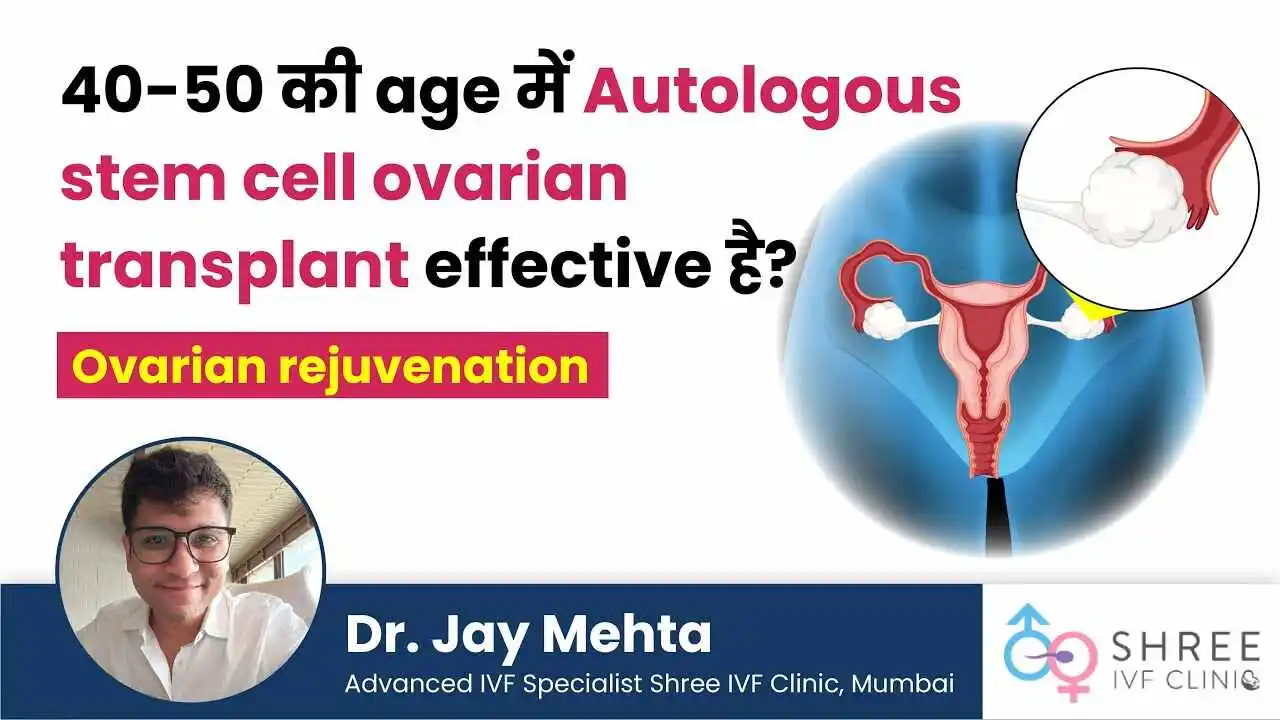IVF Hormonal Injections: Boosting Fertility Naturally
UPDATED ON 15 NOV. 2024
AUTHOR
Dr Jay Mehta
Scientific Director & IVF Specialist with 10+ years of experience
TREATMENT
GET IN TOUCH ON
How Can Hormonal Injections Enhance the Success of Your IVF Treatment?
When it comes to IVF treatment, hormonal injections play a critical role in enhancing success rates. Many couples undergoing IVF often have questions about these injections and their impact on the process. To address these concerns, we have created this detailed blog. It will provide clarity on what happens during the second stage of IVF treatment—hormonal injections—and how they work.
Let us discuss the key aspects of hormonal injections in IVF, how they are administered, their purpose, and how they can improve the chances of success.
What Are Hormonal Injections in IVF?
Hormonal injections are a crucial component of the IVF treatment process. These injections stimulate the ovaries to produce multiple eggs in one cycle, unlike the natural menstrual cycle, which typically releases only one egg. By using these injections, doctors can retrieve more eggs during the IVF cycle, increasing the likelihood of fertilization and embryo development.
The hormones used in these injections are carefully prepared by pharmaceutical companies to mimic the body’s natural hormones. They help create an optimal environment for egg production, allowing doctors to collect multiple mature eggs for fertilization.
Why Are Hormonal Injections Necessary?
In a natural cycle, a woman’s body releases one egg per month. However, for IVF, the goal is to retrieve as many healthy eggs as possible in a single cycle to improve the chances of a successful pregnancy. Hormonal injections enable this by stimulating the ovaries to produce multiple eggs at the same time.
These injections help regulate and control the timing of ovulation, ensuring that eggs are collected at the right stage of maturity. This control is vital because retrieving immature eggs reduces the chances of successful fertilization.
Additionally, hormonal injections allow doctors to monitor and adjust the treatment as needed. By tracking the body’s response to these injections, doctors can make informed decisions about the dosage and timing to optimize results.
How Are Hormonal Injections Administered?
Hormonal injections are typically self-administered under the guidance of your doctor. Most injections are given subcutaneously (under the skin) or intramuscularly, depending on the medication prescribed.
Patients often worry about the number of injections required. For an average IVF cycle, the number of injections may range between 8 and 12 over a period of 10 to 14 days. Your doctor will determine the exact number based on your specific needs and how your body responds to the treatment.
The process begins with the first few days of your menstrual cycle, during which your doctor conducts a baseline ultrasound and blood tests. These tests help assess the initial state of your ovaries and hormone levels. Once the injections start, regular monitoring ensures that the medication is working as intended.
Are Hormonal Injections Safe?
Hormonal injections are generally safe and have been used for decades in fertility treatments. While patients may experience mild side effects such as bloating, mood swings, or tenderness at the injection site, these are usually temporary and subside after the treatment cycle.
It is important to note that the medications used in these injections are naturally occurring hormones, albeit prepared synthetically. They mimic the body’s natural processes and are excreted through the kidneys and urine without causing long-term harm. Your doctor will monitor your response to the injections closely to minimize any risks and ensure a safe experience.
What Happens After Hormonal Injections?
Once the ovarian stimulation phase is complete, your doctor will conduct a follow-up ultrasound to assess the growth and maturity of the follicles. Follicles are the fluid-filled sacs in the ovaries that contain the eggs. By examining the size and number of follicles, doctors can estimate the number of eggs that can be retrieved.
If the follicles are developing as expected, a final trigger injection is given. This injection prepares the eggs for retrieval by mimicking the natural surge of luteinizing hormone (LH) that triggers ovulation. Timing is critical at this stage, as the eggs must be retrieved before natural ovulation occurs.
What Role Does Monitoring Play During This Phase?
Monitoring is an integral part of the hormonal injection phase. Your doctor will perform regular blood tests and ultrasounds to track your body’s response to the injections. These tests help determine whether the dosage needs adjustment and ensure that the follicles are growing as expected.
Ultrasounds provide a detailed view of the follicles, allowing the doctor to measure their size and evaluate their maturity. Blood tests, on the other hand, provide information about hormone levels, such as estradiol, which indicate the activity of the developing follicles.
This close monitoring minimizes the risk of complications such as ovarian hyperstimulation syndrome (OHSS), a rare condition where the ovaries over-respond to the injections. By tailoring the treatment to your specific needs, your fertility doctor ensures a safer and more effective IVF cycle.
How Do Hormonal Injections Impact Success Rates?
The success of an IVF cycle depends on several factors, including the quality and number of eggs retrieved. Hormonal injections play a key role in achieving these outcomes. By stimulating the ovaries to produce multiple eggs, these injections significantly increase the chances of retrieving viable eggs for fertilization.
Additionally, these injections allow for better control over the timing of the cycle. This synchronization ensures that eggs are collected at the optimal stage of maturity, further improving the likelihood of successful fertilization and embryo transfer.
While hormonal injections do not guarantee success, they enhance the overall chances of achieving a pregnancy by providing more opportunities for fertilization.
How Can You Prepare for Hormonal Injections?
Preparation is essential for a smooth experience during the hormonal injection phase. Here are a few tips:
- Understand the Procedure: Speak to your doctor to clarify any doubts about the injections, their purpose, and how they are administered.
- Learn the Technique: Your doctor or nurse will demonstrate how to administer the injections safely. Practice under supervision to build confidence.
- Follow Instructions: Stick to the prescribed schedule and dosage. Timely administration is critical to the success of the treatment.
- Keep Track of Appointments: Regular monitoring is essential during this phase. Ensure you attend all scheduled ultrasounds and blood tests.
- Stay Positive: Hormonal injections can feel overwhelming, but focusing on the end goal can help you stay motivated throughout the process.
Final Thoughts
Hormonal injections are a cornerstone of IVF treatment. They stimulate the ovaries to produce multiple eggs, improve the chances of fertilization, and ensure better control over the treatment cycle. With careful monitoring and expert guidance, these injections can significantly enhance the success rates of IVF.
If you are considering IVF or are already undergoing treatment, do not hesitate to ask Dr. Jay Mehta, one of Mumbai’s best doctors for IVF treatment, about the process and what to expect. Our team of experts is here to guide you through every step and provide the support you need for a successful treatment. Feel free to reach out with any questions or concerns—we are here to help.
AUTHOR
Dr Jay Mehta
Scientific Director & IVF Specialist with 10+ years of experience
TREATMENT
CALL US 24/7 FOR ANY HELP
GET IN TOUCH ON
Share Article on
Related Readings
Best Sex Position to Get Pregnant Naturally
Best positions to get pregnant—try missionary or using pillows under your hips. Small changes can boost your chances of conceiving
Importance of the Fallopian Tubes in Fertility
Blocked fallopian tubes can prevent natural pregnancy. Understand their role and explore solutions for boosting your fertility
Ovarian Stem Cell Transplant (Age 40-50): Does It Work?
Stem cell ovarian transplant may help restore fertility and hormone levels in women 40-50, but its effectiveness remains under clinical research





